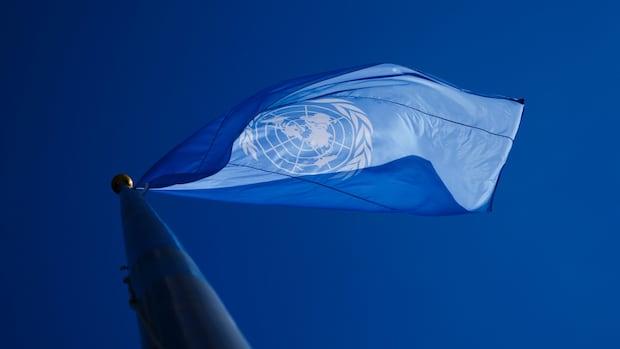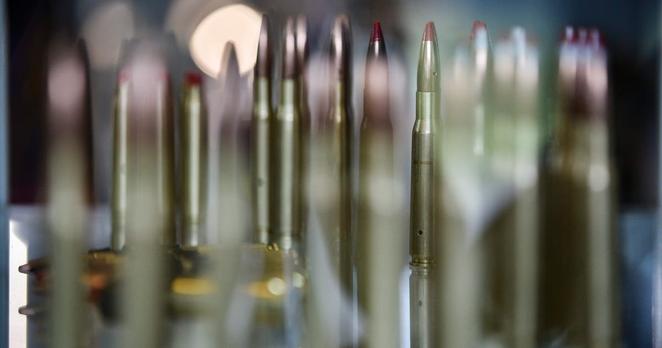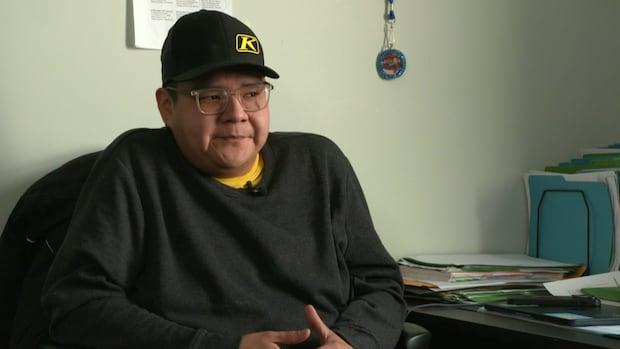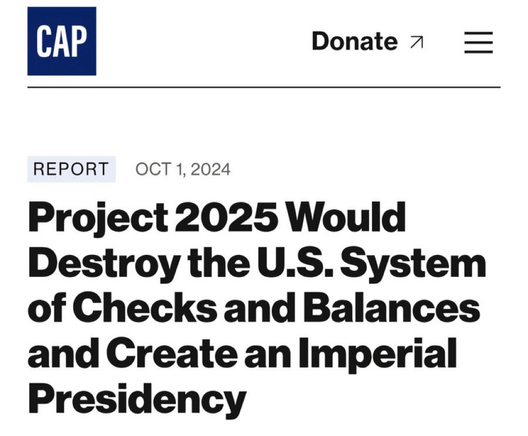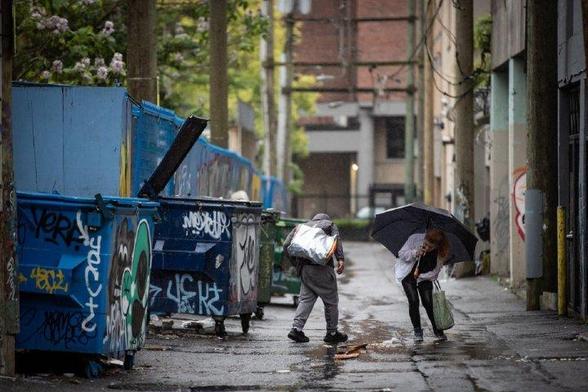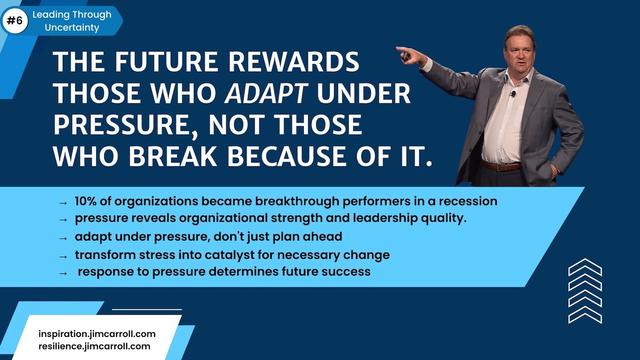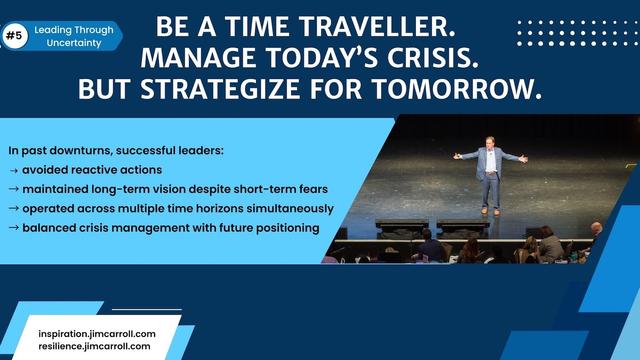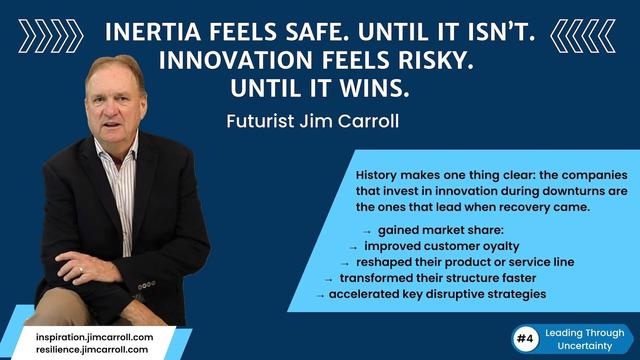Tŝilhqot'in Nation at UN calls for government help battling toxic drug crisis
Tsilhqot'in National Government Vice-Chief Francis Laceese said the crisis is a "continuation" of threats Indigenous Peoples have faced in the form of residential schools and the smallpox epidemic that devastated Indigenous communities in B.C. in the early 1860s.
#government #crisis #health #Indigenous #BC #News
https://www.cbc.ca/news/canada/british-columbia/ts-ilhqot-in-nation-at-un-1.7518274?cmp=rss
Recent searches
Search options
#crisis
Robert Wolf on #Fox News: "I've been in finance for 40 years. This is probably the biggest manufactured #crisis I've seen with a bunch of unforced errors. The execution of ' #liberation day' was pathetic."
Justin Bieber Shares Emotional Post Amidst Personal Struggles and Health Concerns of Wife Hailey
#crisis #emotionalpost #faith #JustinBieber #mentalhealth
https://blazetrends.com/justin-bieber-shares-emotional-post-amidst-personal-struggles-and-health-concerns-of-wife-hailey/?fsp_sid=19610

https://www.europesays.com/2022501/ Spain terminates Israeli ammo contract after uproar threatened to topple coalition – POLITICO #ammunition #Armaments #crisis #défense #Israel #military #parliament #PedroSánchez #security #spain #SpanishPolitics #Weapons #welfare #YolandaDíaz
#LongCovid clinical evaluation, research and impact on society: a global expert consensus https://link.springer.com/article/10.1186/s12941-025-00793-9 The goal of this work is to disseminate essential information about Long COVID and recommendations about definition, #diagnosis, #treatment, research and social issues to #physicians, researchers, and #policy makers to address this escalating global #health #crisis. #publichealth #medicine #vaccines #pandemic
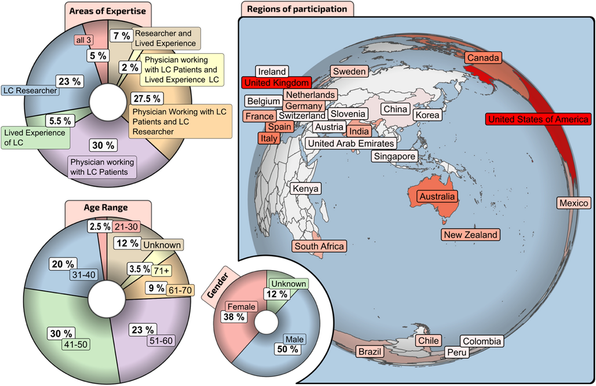
How people in recovery are pulling together amidst a drug crisis in Sheshatshiu
We went to Sheshatshiu to shoot a documentary on drug trafficking. What we found were people with lived experience risking their own mental health and well-being to help others.
#recovery #drug #crisis #documentary #Sheshatshiu #News
https://www.cbc.ca/news/canada/newfoundland-labrador/sheshatshiu-recovery-drug-crisis-1.7512716?cmp=rss
#RitaSegato: Estamos obligadas a pensar algo nuevo. Imaginar futuros nunca imaginados. No hay más Estado de Derecho; el poder de muerte es la ley
#contitutionalcrisis #politics #crisis
Joyce Vance What is a Constitutional Crisis 5 Takes
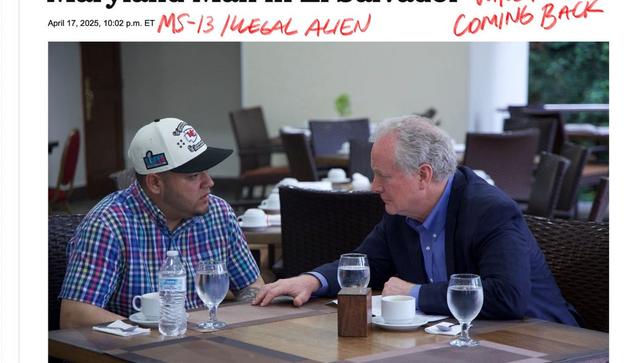
#politics #law #constitution #crisis #alt
Joyce Vance What is a Constitutional Crisis
Judge Nancy Gertner (retired federal district court judge, now a senior lecturer at Harvard Law School): What is a constitutional crisis? It is when the executive not only disobeys the law and flouts the requirements of the constitution in its actions but continues to do so when his actions are successfully challenged in court, and worse, when he mocks those rules, as with....
Veteran Saskatoon police officer shares front-line look at downtown homelessness, addiction crisis
Sgt. Chris Harris has spent nearly two decades with the Saskatoon Police Service, most recently patrolling its downtown core. He says there are misconceptions about homelessness and addictions in the city and how they ...
#police #homelessness #addiction #crisis #Saskatoon #downtown
https://www.cbc.ca/news/canada/saskatoon/saskatoon-police-officer-downtown-homelessness-addictions-1.7512169?cmp=rss
If #Trump defies a 9-0 US #SupremeCourt ruling, it creates a constitutional #crisis. In the #US, no one should be above the law. If even the highest court can't check him, the rule of law and #democracy itself are in danger.
All of this was outlined in #Project2025, by the way.
Sudan, if not forgotten, frequently ignored as richer countries use their people as playthings in their own competitions.
https://www.theguardian.com/world/2025/apr/15/sudans-two-years-of-war-and-its-devastating-toll
And even if you don't care about the suffering, the consequences of both war and environmental destructon are going to get these people moving further and faster. Think enlightened self interest even if you could not give a damn about these people.
Protests, marches and memories: B.C.’s toxic drug crisis emergency marks 9 years
B.C. Health Minister Josie Osborne and provincial health officer Dr. Bonnie Henry issued a joint statement marking the sombre anniversary.
#politics #health #crisis #BC #BCoverdosecrisis #OverdoseCrisis
https://globalnews.ca/news/11131284/bc-toxic-drug-crisis-emergency-9-years/
Canada needs to prepare for a refugee crisis at their border with the United States.
It may not be imminent, but if they do not prepare, they will be blindsided by what is coming.
"The future rewards those who adapt under pressure, not those who break because of it" - Futurist Jim Carroll
Over the last five days, I’ve shared how we lead ourselves and our organizations through this moment of global volatility—one shaped by economic uncertainty, political instability, and cultural retreat from the future.
Beginning by reaffirming belief in progress, even when it feels stalled
Confronting fear with action
Challenging nostalgia with vision
Spotlighting innovation as the antidote to inertia
Emphasizing the importance of thinking across time horizons—managing today while preparing for tomorrow
But there's something deeper that sits underneath all of that: pressure..
That’s the real test—managing this moment. Keeping our heads on straight. Not letting the negativity consume us or define our future. If there’s one constant through every downturn, disruption, or crisis, it’s this: stress is the defining force of the moment. And how we respond to that stress—organizationally, personally, and strategically—determines whether we fall back, freeze up, or forge forward into what’s next.
That’s why today, it’s not just about planning for the future.
It’s about learning to adapt under pressure.
Every moment of disruption applies pressure. And pressure reveals everything. It reveals which organizations and individuals have foundations that flex, and which ones crumble. It reveals leaders who focus forward—and those who fold under volatility.
Right now, we’re not just navigating an economic downturn. We’re navigating a world defined by compounding stress—market stress, leadership stress, and system stress. But stress, when met with strategy, becomes fuel for the future.
I’ve written about this before: “It’s in our response to volatility that our future is defined.”
The most future-ready companies don’t panic. They channel pressure into progress. They don’t crumble under stress—they restructure, refocus, and realign. They transform pressure into precision—cutting noise, not capacity. They rethink agility, not just in structure but in mindset. They use stress as a forcing function—to do what needed doing all along.
My advice is clear: You don’t rebuild your organization for the next crisis. You rebuild during this one—for the world that follows.
Stress is unavoidable. But breaking is not.
**#Adaptation** **#Pressure** **#Resilience** **#Stress** **#Future** **#Crisis** **#Leadership** **#Growth** **#Strategy** **#Volatility**
To clarify re: women-only shelter, I mean an org that specifically caters for teenage girls aged 13-17.
They only provide short term accommodation, which even then is still inadequate & inappropriate for my needs.
Is this telling of our current #crisis or apathy -> active malevolence?
"Be a time traveller. Manage today's crisis. But strategize for tomorrow." - Futurist Jim Carroll
Downturns are not just economic events. They are stress tests for leadership.
When pressure builds, plans unravel. Priorities scatter. Noise takes over. People panic. That’s when some leaders retreat—shrinking their vision, delaying decisions, or hoping someone else will take the next step. But others stay grounded. They hold the line—for their teams, their strategy, and their purpose.
This is real resilience. Not slogans. Not survival But the ability to move across time—anchoring the present, while building for the future.
You have to be a time traveller: respond to the moment, while keeping your eyes locked on what comes next. Resilient leaders don’t just manage the current crisis —they hold it together until the future arrives.
Here’s what the data shows from past downturns:
- the most resilient organizations didn’t retreat into reactive cycles.
- they didn’t discard their long-term vision under short-term fear.
- they remained disciplined on costs and intentional on growth.
- they protected their people, their customers, and their momentum—not just their margins.
The fact is, while they managed the crisis in real time, they never lost sight of the bigger arc.
- they thought across multiple time horizons at once:
- they actively manage today.
- all while preparing for tomorrow.
- and positioning for the rebound that always comes.
They didn’t flinch. But they didn’t charge blindly either. They led with calm, communicated with transparency, and made decisions that reflected long-term confidence — not panic.
That’s the essence of future-ready leadership.
So as the pressure rises, the question is simple: Are you retreating—or reinforcing? Are you in one time zone or several?
Because the leaders who shape what’s next aren’t the ones with the boldest slogans. They’re the ones who stay clear, steady, and focused—while keeping one foot in the future.
Be a time traveller.
Manage the crisis.
But never stop building what’s next.
----
Futurist Jim Carroll is sharing his insight on resilience and leadership in this series. You can find the full archive, as it unfolds, at https://tomorrow.jimcarroll.com
**#TimeTravel** **#Leadership** **#Resilience** **#Crisis** **#Strategy** **#Future** **#Opportunity** **#Growth** **#Uncertainty** **#Momentum**
"Inertia feels safe. Until it isn’t. Innovation feels risky. Until it wins." - Futurist Jim Carroll
Uncertainty rewards the inventive, not the indifferent.
Recessions test everything—strategy, structure, and above all, mindset.
You are going through all that right now with the wild whiplash of this moment in time. You can't easily define strategies straight in a world in which one moment the world is up and the next is down. You can't figure out a path forward when the path keeps changing. You can't plant a flag on a foundation of certainty where there is none.
But what you can do is commit to investing in your future through innovation.
Think about it - when the world turns volatile, most companies do the typical thing - they freeze. They cut everything. Delay everything. Protect what was. Go into a mode of delay. But others take a different route: they innovate—not recklessly, but intentionally. They adapt their offerings, reframe their markets, and lean into change.
History tells us who wins.
In past downturns, the most resilient companies continued to invest in R&D, product development, and digital transformation, even as they restructured costs elsewhere. They embraced frugal innovation—creating smarter, leaner, more relevant solutions with limited resources. They used the moment to reimagine offerings for evolving customer needs.
They didn’t innovate in spite of the crisis. They innovated because of it.
These companies weren’t reckless. They were strategic.
They used volatility as a forcing function to rethink how they deliver value—and to whom.
And the results speak for themselves - they:
- captured market share: Outpaced competitors by staying relevant during volatility.
- deepened customer loyalty: Met changing needs with smarter, faster solutions.
- reimagined offerings: Pivoted products and services to fit the moment.
- streamlined structures: Transformed operations to move with greater speed.
- accelerated disruption: Fast-tracked innovation that would’ve taken years otherwise.
Meanwhile, those that chose inertia? Most never caught up. Because innovation isn’t a luxury for good times. It’s a necessity for what comes next.
In the end, volatility favors those willing to reinvent—while inertia quietly takes the rest out of the game.
Which side of the curve will you be on?
---
Futurist Jim Carroll spoke on resilience and innovation in uncertainty at dozens of leadership meetings post ’01, again in ’08, and guided organizations again in ’20. He’s developed a comprehensive overview of how to move forward, not back, during an era of uncertainty. It’s being shared here and documented at https://tomorrow.jimcarroll.com
**#Innovation** **#Uncertainty** **#Resilience** **#Adaptation** **#Strategy** **#Crisis** **#Volatility** **#Future** **#Growth** **#Reinvention**
I am a struggling person looking to form (or find) a serious crisis network with others focused on dealing with serious life struggles for the outcasted and discriminated of us.
Please DM me for more details if your interested, am always available and in need!
Hope #MAGA #Investors Enjoy the #Crisis They Caused" #Australia, for e.g., has a substantial #trade #deficit in goods w #US (meaning it imports more fr #America than it exports to it), yet it still got a 10% #tariff.. we’re blowing up e #global #economy so bankers can safely say “pussy” at e office. It only strengthens e case for e next Democratic president, if there's one, to #tax #billionaires out of existence. There is no point in appeasing these ingrate #imbeciles"
https://prospect.org/economy/2025-04-08-hope-maga-investors-enjoy-crisis-they-caused/


